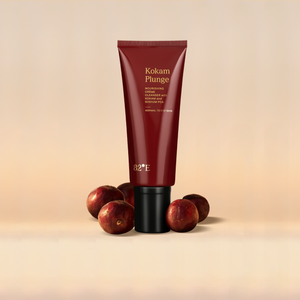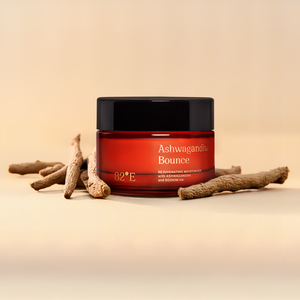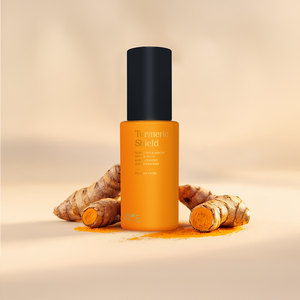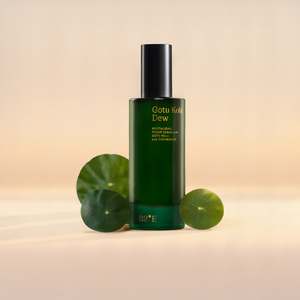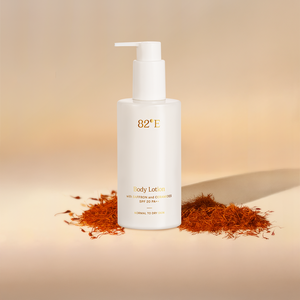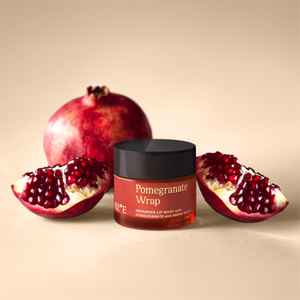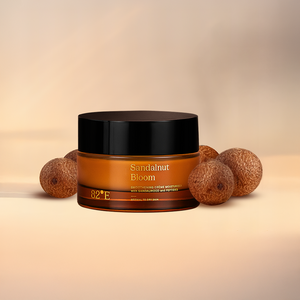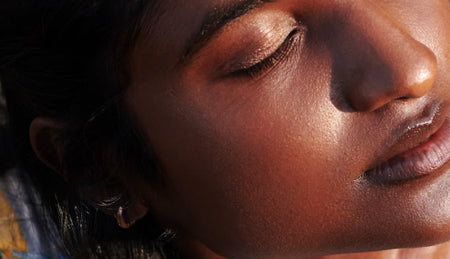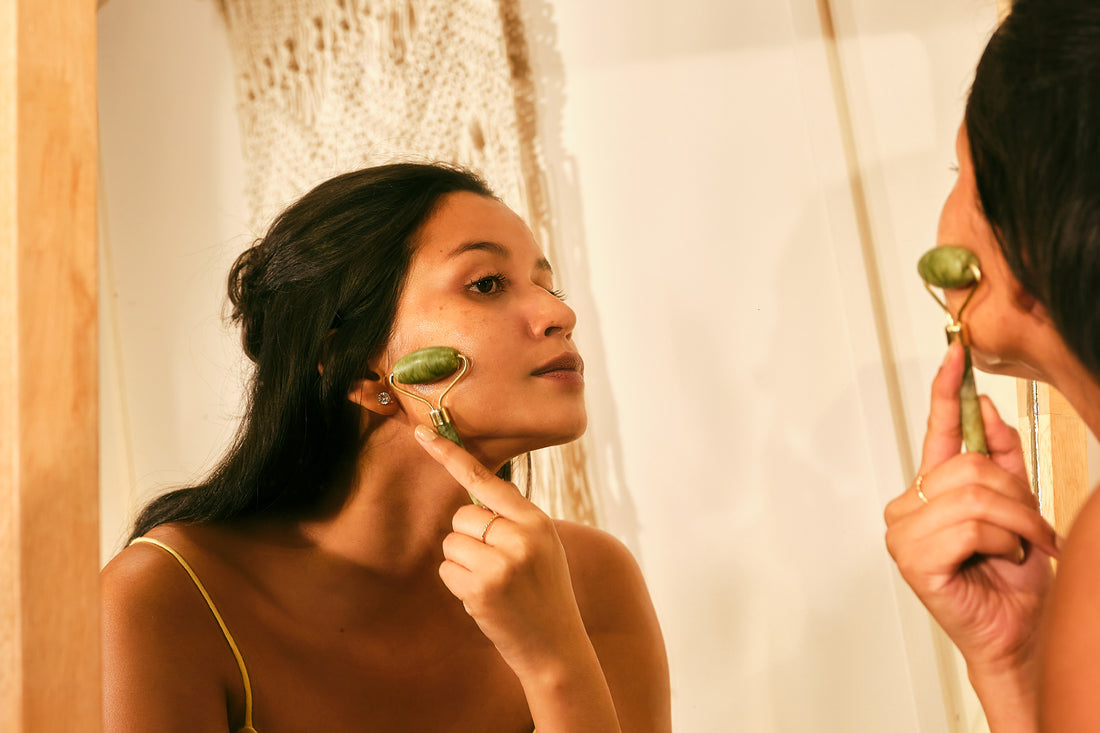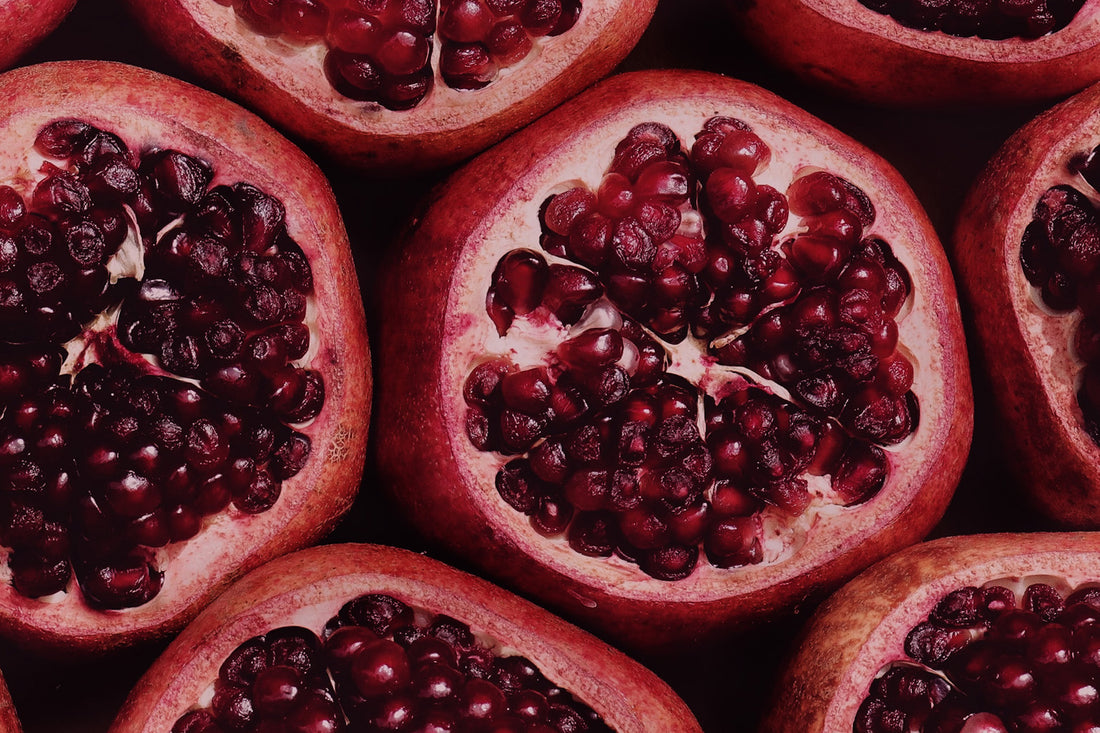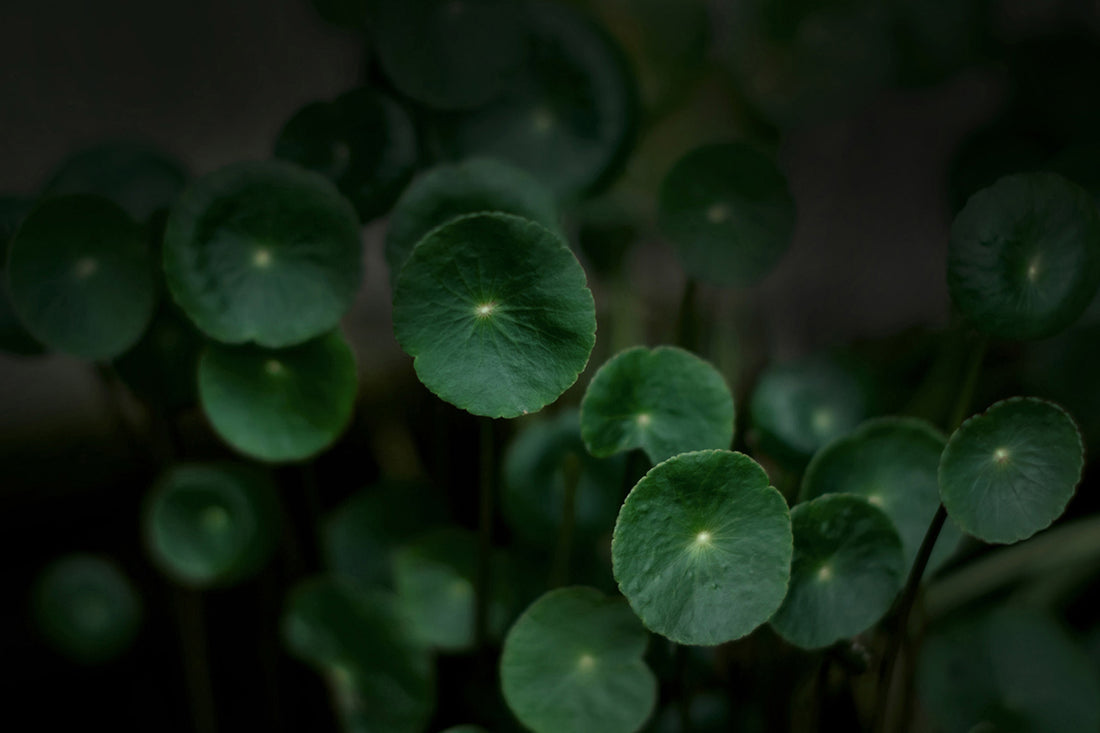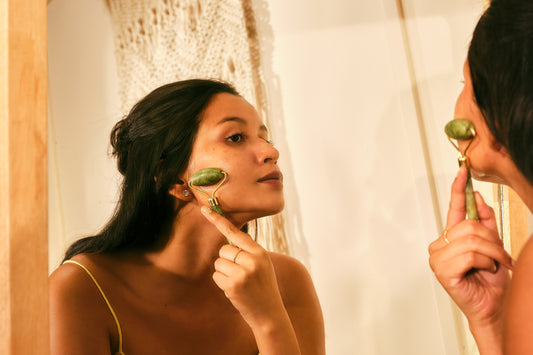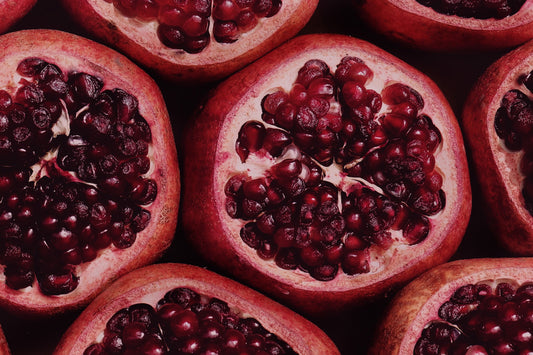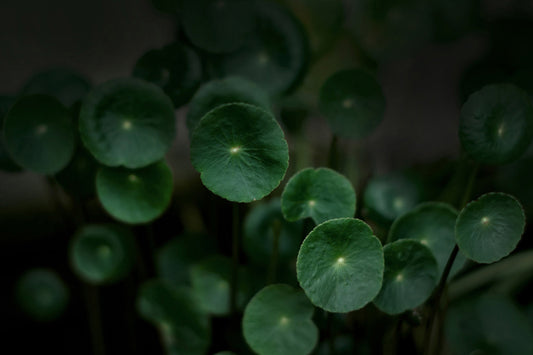"Jasmine is considered the queen of flowers, and its fragrance is like a melody that touches the heart and soothes the soul." - Rabindranath Tagore
The musky and zesty jasmine is closely associated with a common ingredient in perfumes. But the fragrant flower is replete with properties that offer numerous health benefits. Jasmine is a fragrant flower that is widely used in India for various purposes, including skincare, food, and medicine. The delicate white flowers of the jasmine plant are known for their sweet and intoxicating aroma, which can instantly uplift the mood and soothe the senses.
Overall, jasmine's multitude of benefits makes it a valuable and versatile ingredient in Indian culture, whether it's for its therapeutic properties, culinary uses, or aromatic qualities.
A Brief History of Jasmine (Jasminum)
Jasmine, or "Mogra" in India, has a long and rich history as an ingredient in Indian cuisine and culture. The plant is believed to have originated in the Himalayan region of India and has been widely used in Ayurvedic medicine for its various health benefits. Its calming and soothing properties make it an ideal ingredient for traditional remedies, and it is also considered an aphrodisiac.
In Indian Ayurvedic medicine, jasmine is commonly used for its therapeutic properties. The flowers and essential oil of jasmine are believed to have a calming effect on the mind and body, making it an ideal remedy for anxiety, depression, and insomnia. Jasmine tea, made by steeping the flowers in hot water, is also a popular remedy for colds, coughs, and sore throats.
Jasmine is also an essential part of Indian culture, especially in religious ceremonies and celebrations. The flower is used to adorn religious idols and is a symbol of purity and sensuality. It is also a significant part of Indian weddings, where it is used in bridal bouquets and decorations.
It is a popular ingredient used in Indian cuisine as it imparts its unique flavour and aroma to the delicacies. The flowers are used to add a fragrant and sweet touch to desserts like kheer and gulab jamun, as well as savoury dishes like biryani and pulao. Jasmine rice, a fragrant and aromatic rice variety, is also a staple in Indian cuisine, loved for its unique aroma and flavour.
Use of Jasmine in Aromatherapy
Jasmine essential oil is a popular choice in aromatherapy for its calming and relaxing properties. Its believed that the scent of jasmine has a direct impact on the brain, reducing stress and anxiety and promoting a sense of well-being. Inhaling jasmine oil before bedtime can help improve sleep quality by promoting relaxation and reducing feelings of anxiety. Some studies have also suggested that jasmine oil may help alleviate menstrual cramps. Incorporating jasmine oil into your daily routine can have numerous benefits for both the mind and body, making it a valuable addition to any aromatherapy practice.
Jasmine's skin-nourishing and calming properties make it a popular ingredient in perfumes, cosmetics, and other personal care products. Jasmine oil is often used in aromatherapy to alleviate stress and anxiety, and its fragrance is also known to uplift the mood and promote a sense of well-being. Regular use of jasmine-based skincare products can help soothe the skin and leave it looking radiant and glowing.
The Science Behind Jasmine’s Importance in Wellness
Vitamins: Jasmine contains vitamins that are great for skin health. Vitamin C boosts collagen production for firmer, smoother skin. Vitamin E is a potent antioxidant that can protect skin from damage and promote hydration. Vitamin A regulates skin cell turnover for a more even complexion. Lastly, Vitamin K is known to reduce dark circles, bruises, and spider veins by improving blood circulation. Jasmine can also positively impact overall health and mood. Vitamins such as C, E, A, and B6 found in jasmine can help boost the immune system, support heart health, reduce inflammation, improve cognitive function, and regulate mood. Incorporating jasmine into your diet or using its essential oil in aromatherapy are great ways to enjoy its health benefits.
Flavonoids: Jasmine is more than just a pretty flower. Its flavonoids, such as quercetin, kaempferol, and rutin, have powerful antioxidant and anti-inflammatory properties that benefit the skin in numerous ways. By protecting against damage from free radicals, UV radiation, and environmental pollutants, flavonoids can promote healthy and radiant skin. They also help reduce inflammation, improve blood circulation, and promote collagen production, leading to a more youthful complexion. Incorporating jasmine into your skincare routine or diet, such as using jasmine essential oil or drinking jasmine tea, can help you reap the benefits of its flavonoids.
Triterpenes: Triterpenes in jasmine, such as oleanolic acid and ursolic acid, are natural compounds with multiple skin benefits. With their anti-inflammatory and antibacterial properties, they can speed up wound healing and reduce the risk of infection, making them ideal for acne-prone or sensitive skin. Triterpenes in jasmine can also protect the skin from harmful UV radiation, prevent premature ageing and wrinkles, and improve skin hydration by promoting ceramide synthesis. You can add jasmine to your skincare routine, diet, or tea for these benefits. Incorporating jasmine essential oil or fresh flowers into your skincare products can help promote healthy and radiant skin from the outside, while drinking jasmine tea or adding it to your food can provide these benefits from the inside out.
In conclusion, jasmine is a beautiful and versatile flower that offers numerous benefits for skin care, food, medicine, and overall health and well-being. From promoting youthful, radiant skin to reducing stress and improving mood, this powerhouse plant has a lot to offer. Its abundance of vitamins and antioxidants can help protect and nourish the skin, support healthy immune function, and reduce the risk of chronic disease. Whether you choose to incorporate it into your skincare routine, drink it in tea, or use it in cooking, jasmine is sure to delight your senses and benefit your health in many ways. So why not try incorporating this fragrant and beneficial flower into your daily routine? Your body and mind will thank you.
